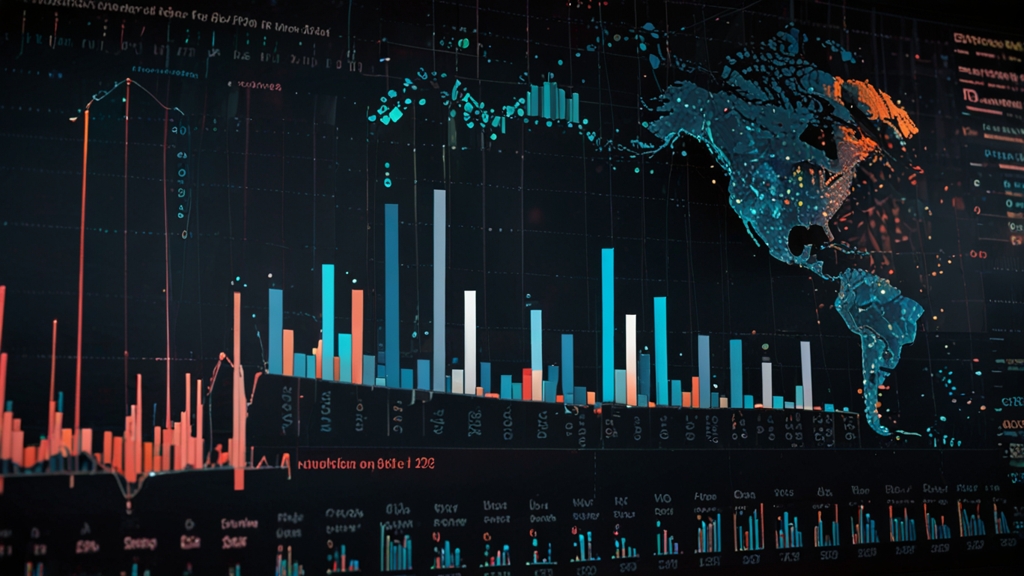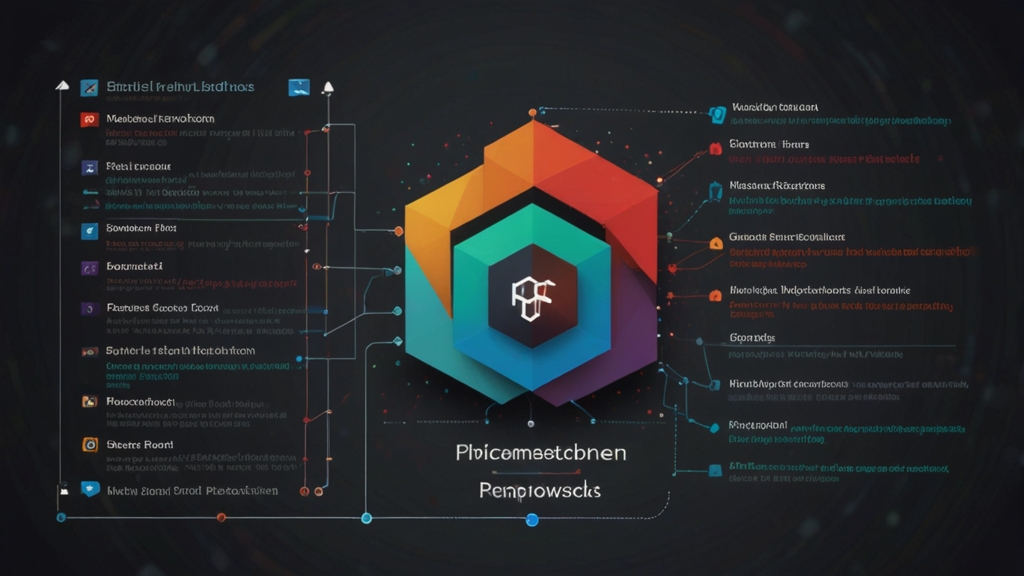Understanding Privacy Filters: How to Fight Back Against Data Exploitation
In the modern digital age, data privacy has become a significant concern for individuals and organizations alike. The vast amount of personal data collected, stored, and processed by companies has resulted in frequent data breaches and unauthorized exploitation of private information. Privacy filters offer an effective way to combat data exploitation and protect your personal information.
What Are Privacy Filters?
Privacy filters are tools and techniques used to protect personal information from unauthorized access and exploitation. They come in various forms, such as software settings, browser extensions, and hardware solutions, all designed to prevent third parties from snooping on your private data.
Types of Privacy Filters
There are several types of privacy filters you can employ to safeguard your data:
- Software Settings: Most operating systems and applications offer privacy settings that allow users to control what data is collected and shared. For instance, you can adjust privacy settings in your web browser to block third-party cookies and trackers.
- Browser Extensions: Tools like ad-blockers and anti-tracking extensions can prevent websites from collecting your browsing history and personal details.
- Hardware Solutions: Physical privacy screens attach to your laptop or mobile device, making it difficult for anyone nearby to view your screen.
Steps to Implement Privacy Filters
Here are several steps you can take to implement privacy filters and enhance your data privacy:
1. Adjust Privacy Settings
Review the privacy settings on your devices and applications. Disable unnecessary data-sharing features, such as location services and targeted advertising preferences. Make sure to keep your software updated to benefit from the latest security patches.
2. Use Privacy-Focused Tools
Consider using privacy-focused browsers, such as Brave or Firefox, which offer built-in tracking protection. Additionally, install reputable ad-blockers and anti-tracking extensions to further enhance your online privacy.
3. Employ Encryption
Encryption is a powerful tool for protecting your data. Use encrypted communication services like Signal for messaging, and ensure that your emails are encrypted where possible. By doing so, you safeguard your personal information from being intercepted by unauthorized parties.
"Encryption is one of the most effective privacy tools available. It ensures that even if your data is intercepted, it remains unreadable without the appropriate decryption key."
4. Use VPN Services
Virtual Private Networks (VPNs) can mask your IP address and encrypt your internet connection, making it much harder for third parties to track your online activities. Choose a reliable VPN service that does not keep logs of your browsing history.
5. Be Cautious with Public Wi-Fi
Public Wi-Fi networks are notoriously insecure. Avoid accessing sensitive accounts, such as online banking, when connected to public Wi-Fi. If you must use public Wi-Fi, ensure your connection is encrypted by using a VPN.
Why Privacy Filters Are Essential
The increasing prevalence of data exploitation and cyber threats makes privacy filters crucial. Here are some reasons why implementing privacy filters is essential:
- Prevent Identity Theft: Data breaches often expose personal information that can be used for identity theft. Privacy filters can help minimize this risk.
- Protect Sensitive Information: Whether it's financial data or private communications, privacy filters ensure that your sensitive information remains confidential.
- Maintain Personal Freedom: Protecting your data allows you to browse the internet freely without fear of being tracked or profiled by third parties.
"Protecting your privacy online is not just about keeping your information secure; it's about maintaining your freedom and autonomy in the digital world."
Conclusion
In an era where data exploitation is rampant, implementing privacy filters is a proactive step towards safeguarding your personal information. By adjusting privacy settings, using encryption, employing VPNs, and being cautious with public Wi-Fi, you can significantly enhance your data privacy. Remember that your data is valuable, and taking the necessary steps to protect it is fundamental to maintaining your digital security and freedom.







